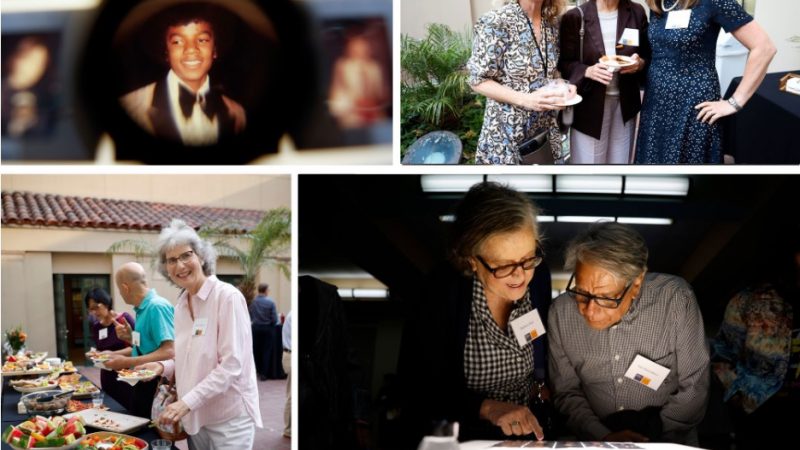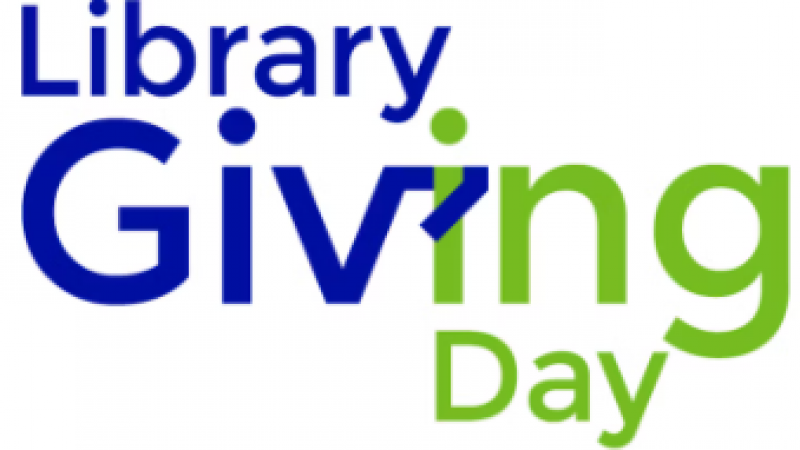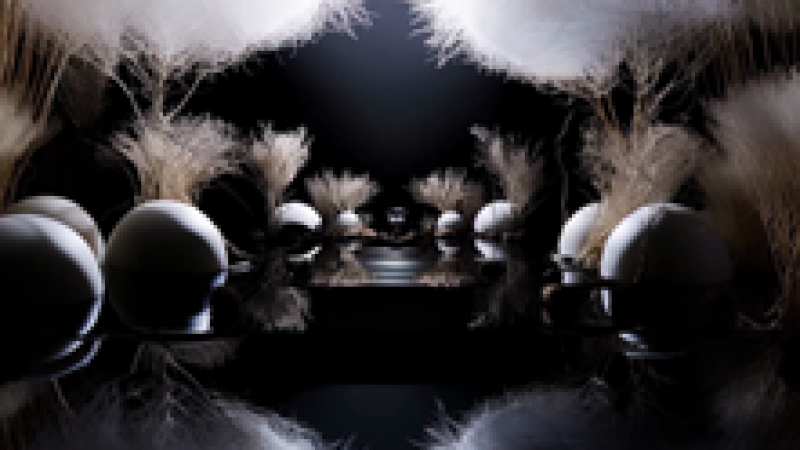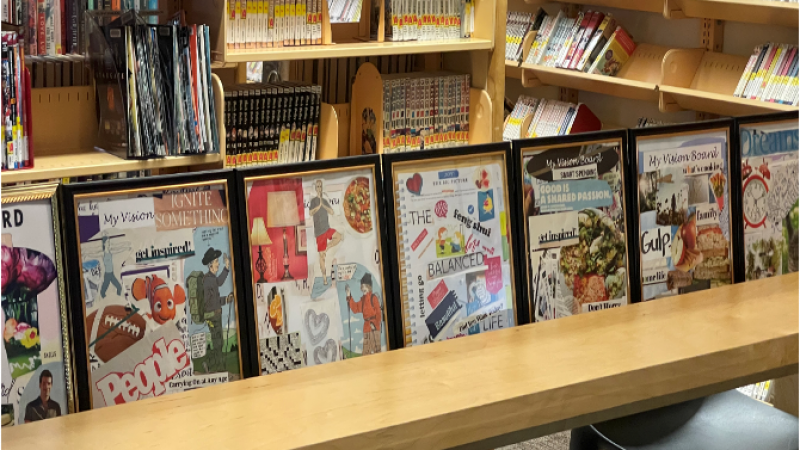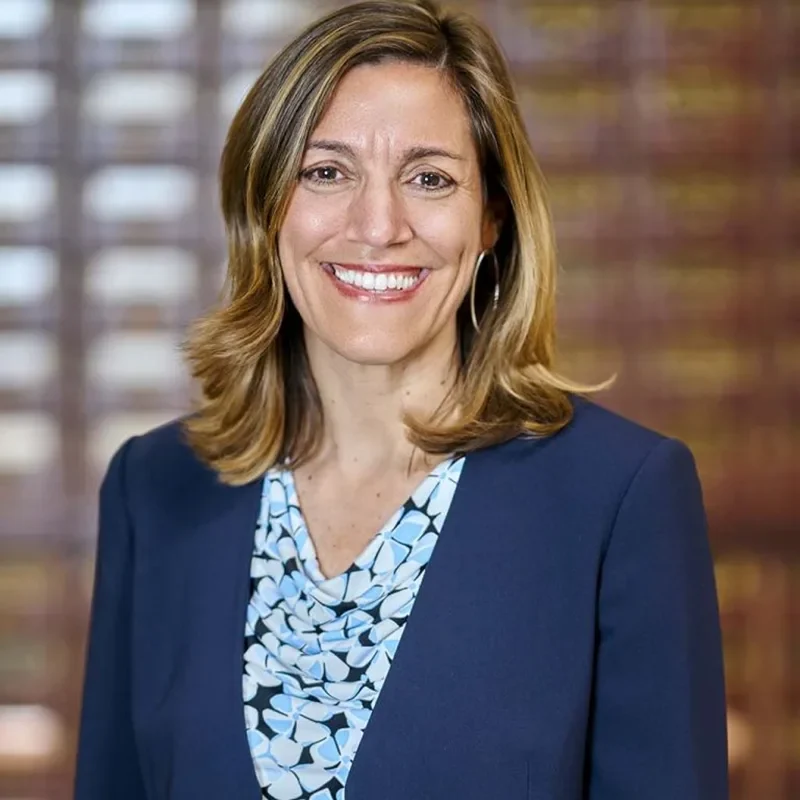Next Thursday, June 6, ALOUD welcomes Nigerian novelist Chimamanda Ngozi Adichie to the stage to discuss her much buzzed about new book, Americanah, with Faith Adiele, the author of the critically-acclaimed memoir Meeting Faith, an account of becoming Thailand’s first black Buddhist nun. The decades-long story of how Chimamanda and Faith’s lives have intersected across the globe could be a fascinating novel in its own right. We caught up with Faith to talk about her connection to Chimamanda, the overlapping themes of their international work, and what she’s looking forward to asking her “twin” at ALOUD—the first time the two will be together in conversation for a live event.
You and Chimamanda have been crossing paths for years—mostly unbeknownst to each other. Can you tell us the story of your many connections?
Faith: My Nigerian family—my father and siblings—were at the University of Nigeria, which is where she grew up, so her mother and my father were colleagues in the Department of Education. She and my sister went to the university school and were best friends in grammar school. I never met my family and my father until I was 26, and I had written about it for an article in Essence Magazine, which she had read, and she was like ‘What? The Adieles have an American daughter?’ So she knew about my existence before I knew about her. She was on the scene with her first book, and I was really interested—not knowing that my siblings had known about her all along, so there was a funny moment in time when we were both in Nigeria looking for each other. I had gone to her family’s house on campus, but it was boarded up and no one was there. Then I ended up going to a wedding in another town, and she found out I was at the wedding, so she was waiting around the pool trying to find me. So we finally met each other for the first time. Since then we’ve crossed paths in the U.S. at literary events and among the same friends, and she also runs a very successful summer writing workshop back in Nigeria and she has had me come in and do a non-fiction workshop with students a couple of times.
In both of your work, your cross-cultural stories share many overlapping themes. Chimamanda has taken the fiction route and you have taken the nonfiction. What compelled you to write about these subjects through memoir?
Faith: I’m surprised at how similar our themes are. Her new book [Americanah] in particular is set both in the U.S. and in Nigeria and have people who are bi-cultural, and so much is about identity and race and longing, which is so much of what I write about. Her earlier novel, Half of a Yellow Sun, focused on the Biafran War and on twins, and that is major in what I write about as well because that was the central event of my childhood—the loss of my father to the Biafran War. My manuscript in progress is called “Twins,” and it’s been interesting seeing how these Nigerian obsessions get played out in different ways. [Get a taste of “Twins” from the video below.]
I grew up on fiction—like she—I grew up reading Chinua Achebe, and him really giving me permission to write about my life. He was fathering me in the absence of my father, so for me to get access to what Nigerian life was about, I read Achebe. I think she read him differently—to see that it’s okay to put Nigerians in literature.
I disappeared into the world of novels, but I was never interested in writing fiction. When I started, I wrote poetry—I’m very visual and interested in how images speak. It was after I had gone to Nigeria and had met my father and my siblings that I started to become interested in history and the large historical-public-political moments that had shaped our family, such as the Civil Rights movement and African independence. I started researching family history as national history and international history, and I found those realities were so fascinating and too unwieldy for poetry. That’s why I shifted to memoir because you can still have the verse of poetry, but you can do all this fantastic research. The reality is so dramatic and unimaginable, and I’m fascinated by the challenge of creating metaphor and the highest form of literature out of reality.
Since you’ve read Americanah, what ideas are brewing—what do you want to discuss with Chimamanda at ALOUD next week?
Faith: I’m really interested in why she decided to put this story in a love story. The themes and subplots are really fascinating and huge in terms of the global dynamics and forces that get involved with these characters’ lives, and her close realization and insight into human nature, which is so fascinating and the way she satirizes all these different groups like Nigerian ex-pats and well-meaning liberal Americans—both white and black. It’s such an interesting idea to use the love story as a vehicle to explore these things and it’s different than what she’s done before, and I’m wondering about her development and influences.
Also, she’s taken a lot of slack for what she says about hair. I’m with her and I’ve been surprised by the backlash she’s gotten for what she says about natural hair. She’s bringing up things that people don’t want to hear, but she’s so powerful that she can get away with it, so I’m really curious to hear her talk about that.
Learn more and make a free reservation to the upcoming ALOUD program here.

